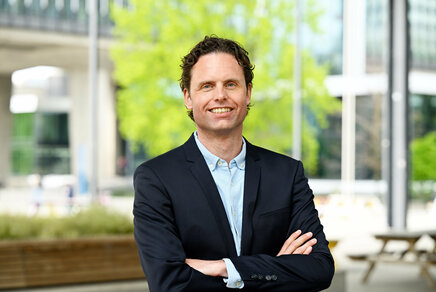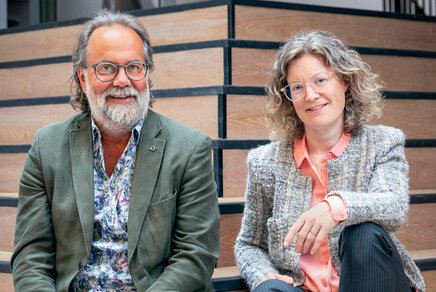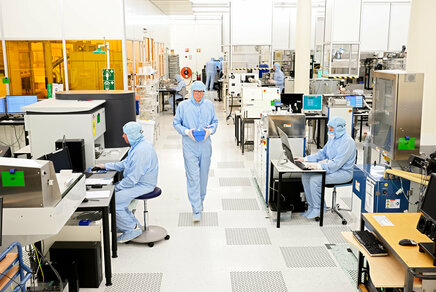Machine learning improves control performance for future high-tech systems
By employing recent developments in the field of machine learning together with well-known learning control techniques, PhD researcher Noud Mooren has shown that there is a lot to be gained.
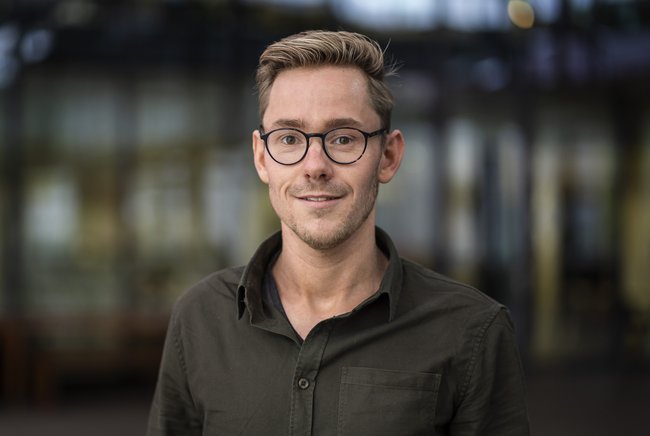
Learning control algorithms, especially in combination with machine learning, enable the development of intelligent controllers that learn automatically from the abundance of available data, enabling an excellent trade-off between accuracy, speed, and cost.
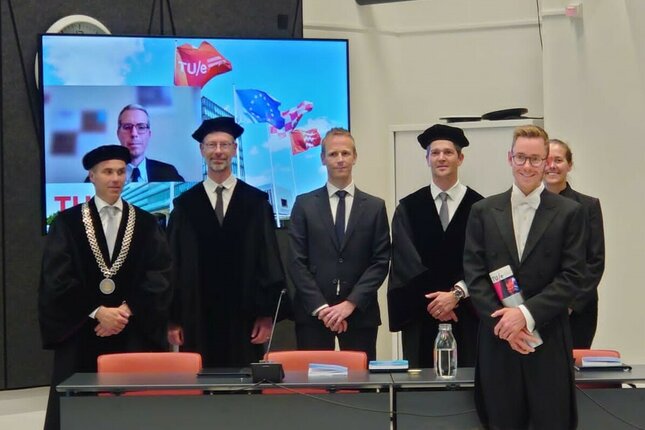
Intelligent control methods are essential to keep up with the increasing performance demands of next-generation high-tech systems, ranging from high-speed printing, astronomy, and health-care applications to the semiconductor back-end, while at the same time also pushing for lower costs.
Examples include the positioning of semiconductor packages of several micrometers that is performed with tens of thousands of packages per hour at a sub-micrometer positioning accuracy, or laser satellite communication where a pointing accuracy of micro-radians is required with respect to a vibrating satellite at several hundred kilometers distance.
To keep on pushing these performance demands in the future, intelligent controller design is becoming increasingly challenging and the field of learning control is particularly promising. Learning control algorithms, especially in combination with machine learning, enable the development of intelligent controllers that learn automatically from the abundance of available data, enabling an excellent trade-off between accuracy, speed, and cost.
In his thesis, Noud Mooren elaborates on how the control performance for future systems is improved by learning from the available data and employing new techniques from the field of machine learning and control. These techniques can efficiently use data to automatically update algorithms or recognize structure in data.
Employing new aspects of machine learning
Traditional learning controllers are not directly applicable due to the increasing complexity for control of future systems. This is caused by the complexity of unknown disturbances and the flexibility of the desired references are increasing up to the point where traditional (learning) approaches are not applicable anymore. These challenges have to be addressed to enable successful implementation on a wide range of mechatronic systems.
The main contribution of this thesis aims at the development of systematic design approaches for control of mechatronic systems by learning from data and employing new aspects of machine learning. First, the flexibility and design of traditional learning controllers are significantly improved by employing Gaussian processes, i.e., combining data and prior knowledge to learn unknown disturbances from data. It is shown that Gaussian process regression can be employed very efficiently in control and allows to effortlessly deal with complex multi-physical disturbances.
Second, adaptive controller tuning on the basis of data is presented to avoid time-consuming manual tuning. This is done by employing an optimal estimator in such a way that controller parameters can be estimated during operation. The presented approach facilitates the update of feedforward parameters automatically within a split second, which is a major performance improvement compared to manual feedforward parameter tuning and existing task-domain approaches.
The overall results of this thesis contribute to practically relevant and theoretical results that enable the implementation of complex methods originating from machine learning into current state-of-the-art motion control techniques. Moreover, several approaches are successfully validated on industrial systems. By employing these recent developments in the field of machine learning together with well-known learning control techniques, there is a large potential to be gained.
Full thesis details can be found here.
Noud Mooren defended his PhD-thesis, titled ‘Intelligent Mechatronics through Learning: from Gaussian Processes to Repetitive Control and Adaptive Feedforward’ on May 12th. He was supervised by Tom Oomen and Gert Witvoet.
Media contact
Latest news
